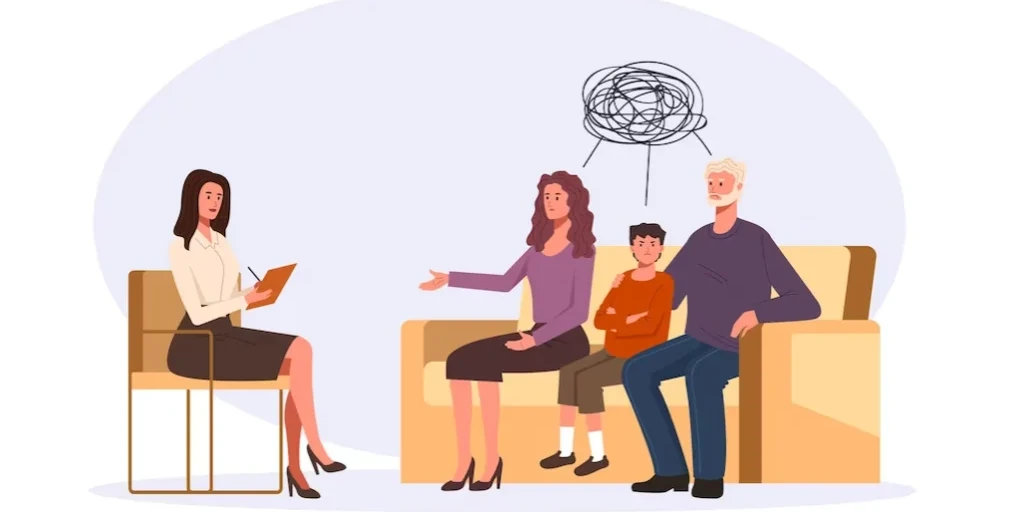24/7 Helpline:
(866) 899-221924/7 Helpline:
(866) 899-2219
Learn more about Eating Disorder Treatment centers in Union County
Other Categories in Union County

Other Insurance Options

Multiplan

Magellan Health

Horizon Healthcare Service

Covered California

BHS | Behavioral Health Systems

AllWell

Premera

Excellus

Access to Recovery (ATR) Voucher

Cigna

Kaiser Permanente

Coventry Health Care

Lucent

American Behavioral

Oxford

WellPoint

United Health Care

BlueShield

ComPsych

Group Health Incorporated

Center for Human Development
Center for Human Development is a private rehab located in La Grande, Oregon. Center for Human Devel...

Jonathan M. Wainwright Memorial VA Medical Center – La Grande VA Community Based Outpatient Clinic
Jonathan M. Wainwright Memorial VA Medical Center - La Grande VA Community Based Outpatient Clinic p...
















































































Heart Steps Counseling Services
Heart Steps Counseling Services is a private rehab located in La Grande, Oregon. Heart Steps Counsel...

Grande Ronde Recovery
Grande Ronde Recovery is a private rehab located in La Grande, Oregon. Grande Ronde Recovery special...


















